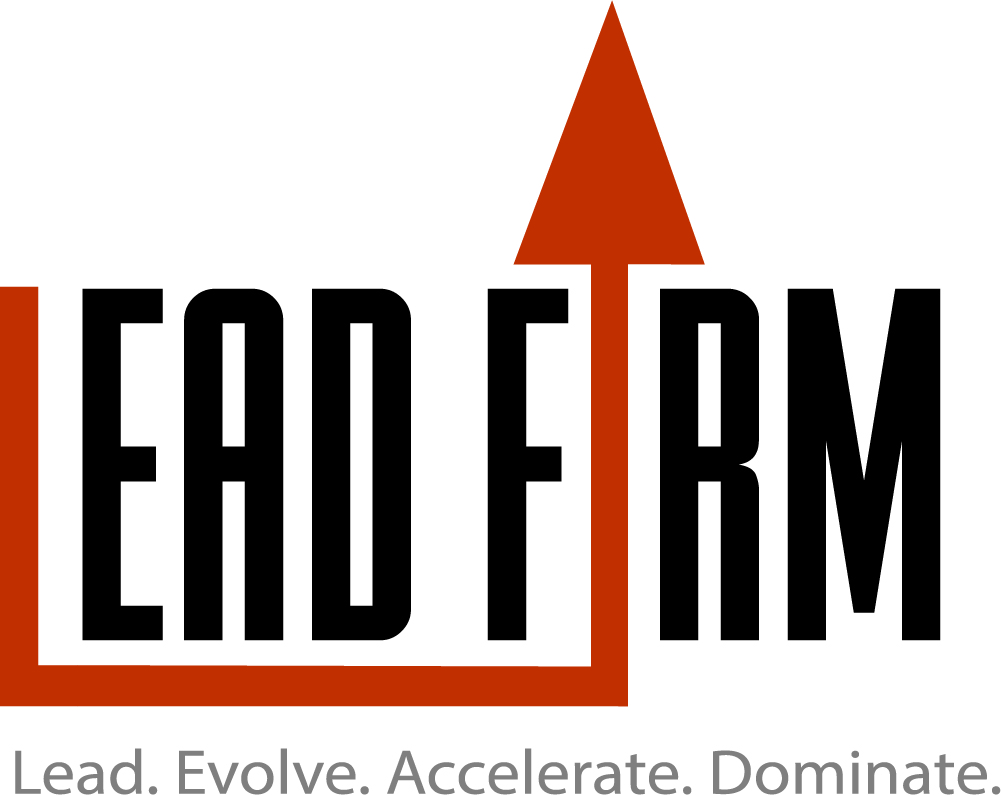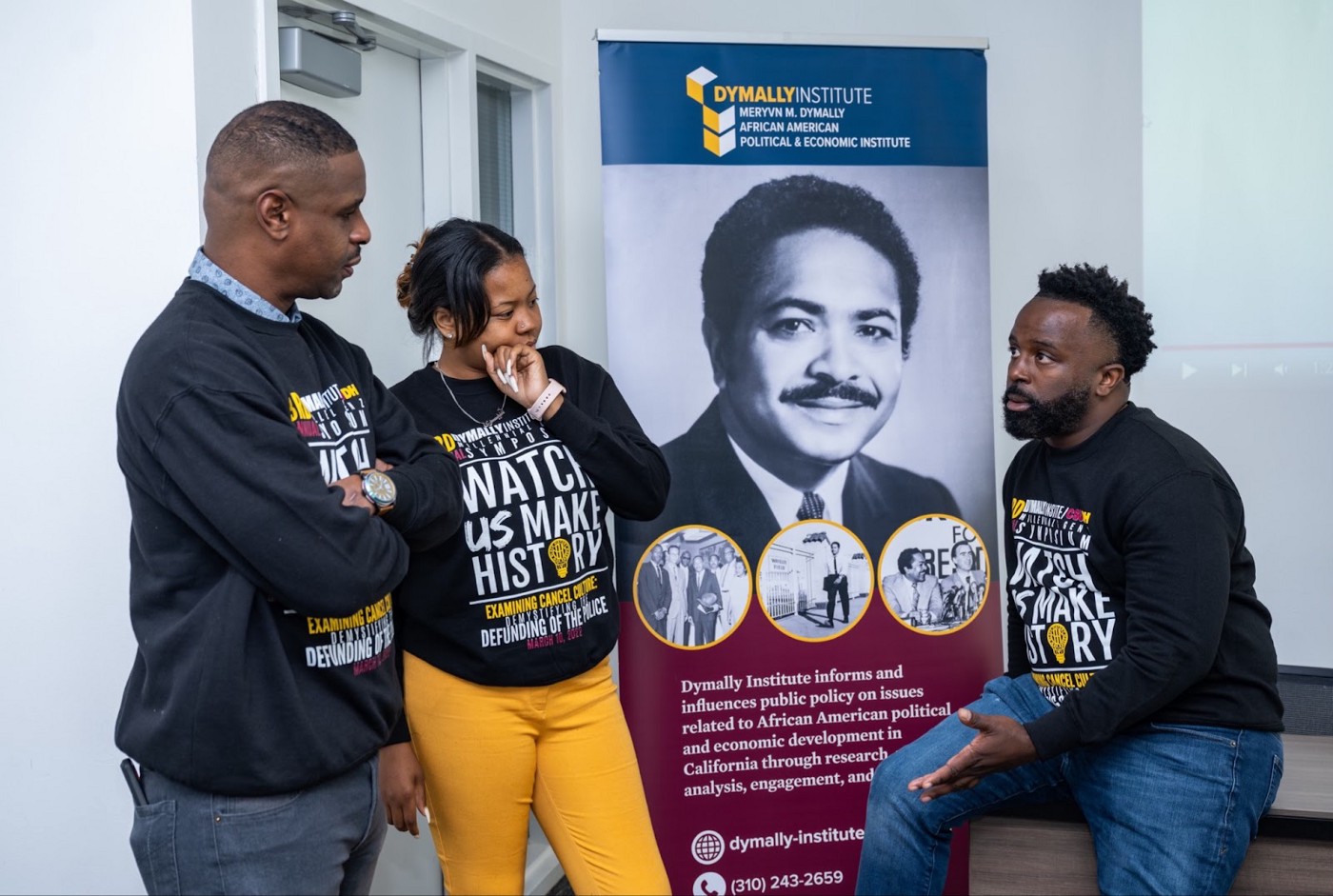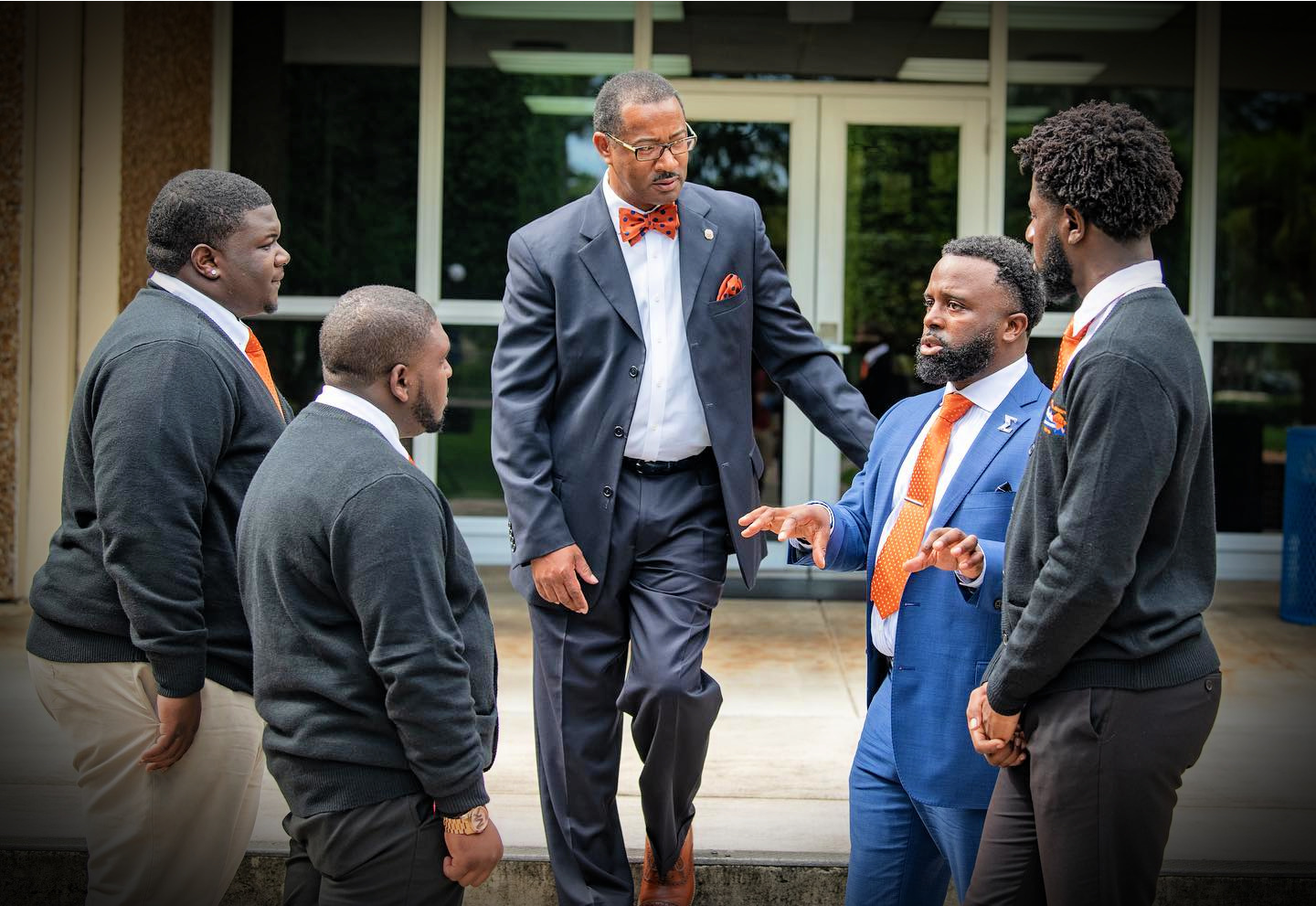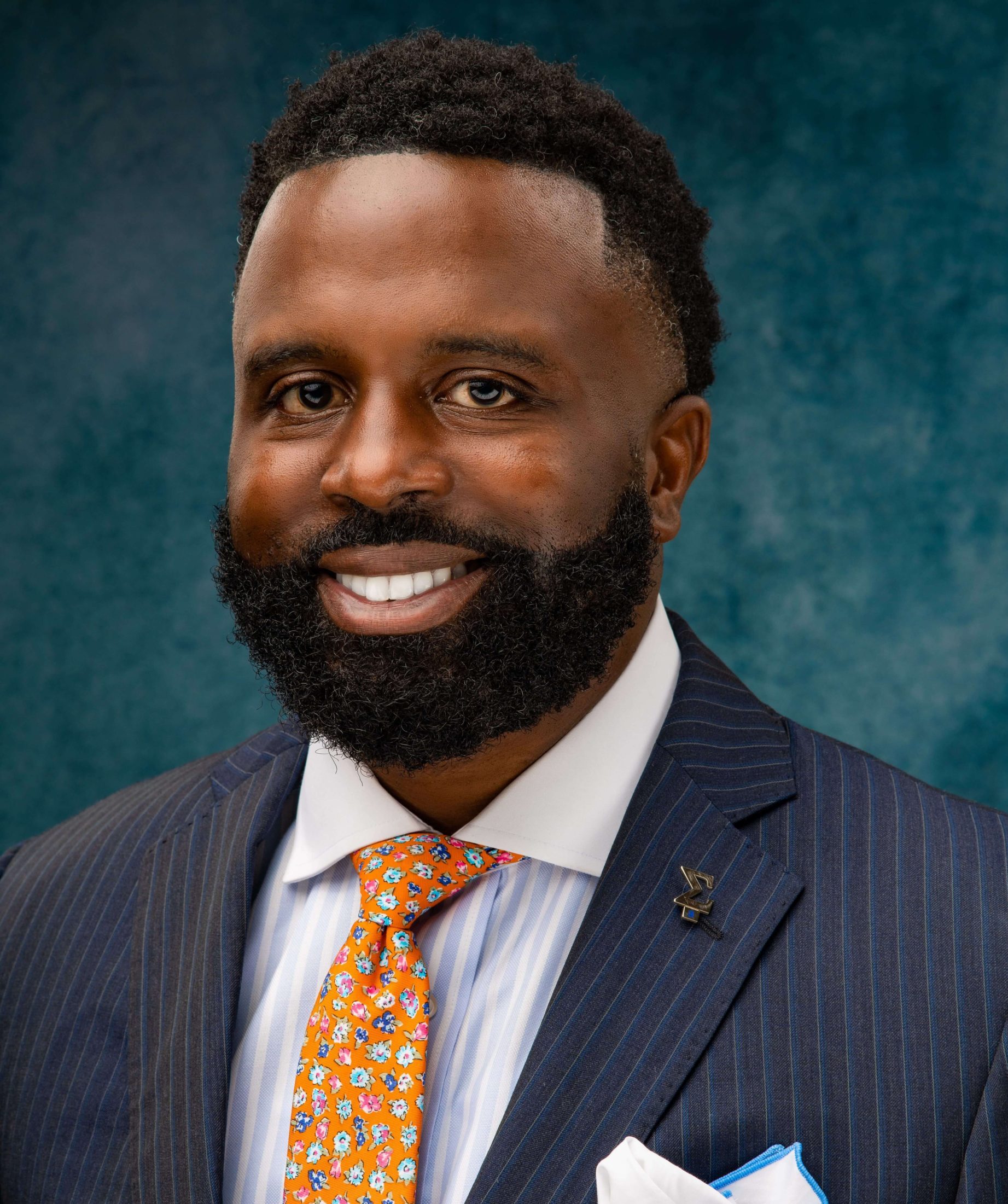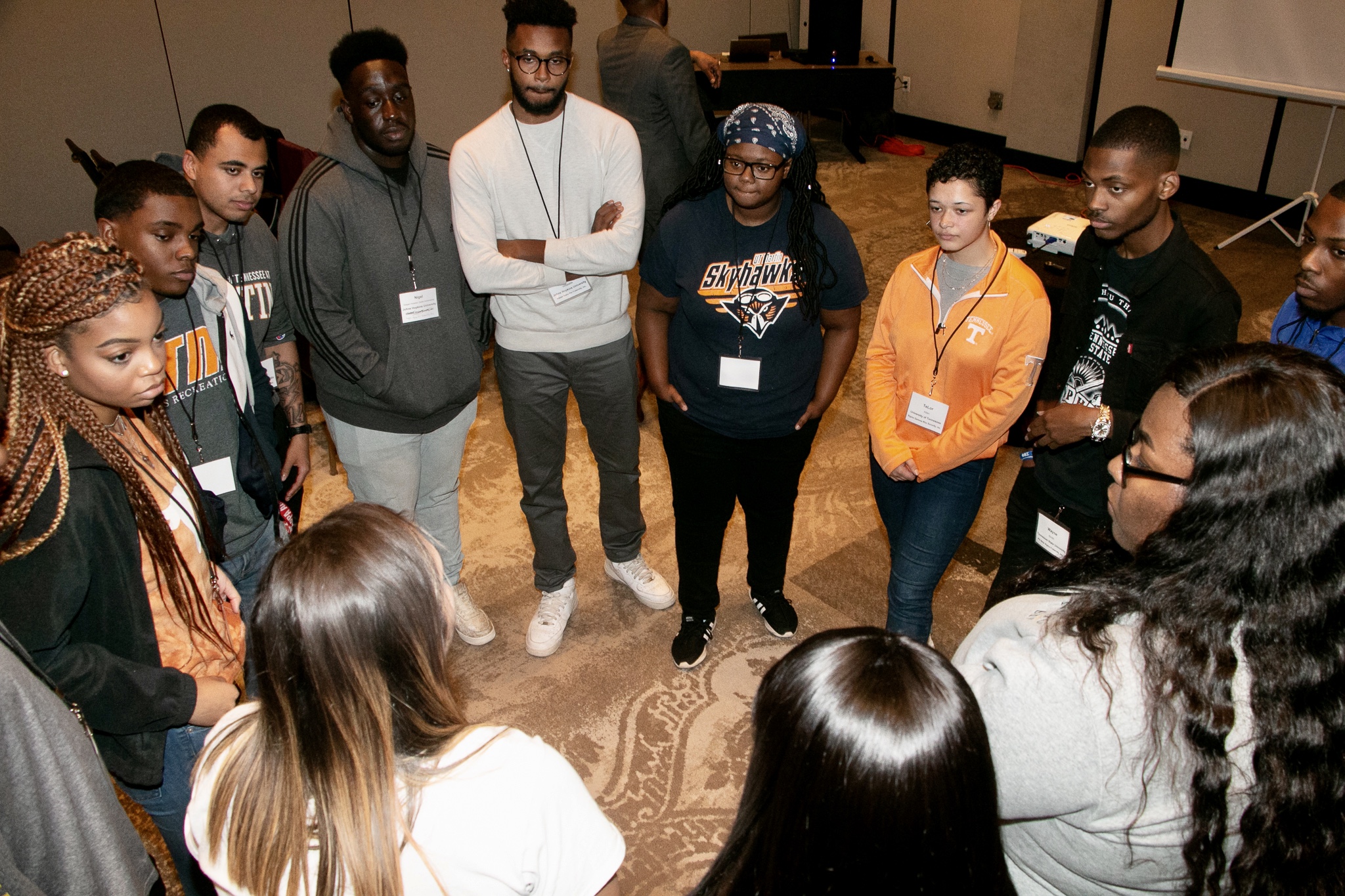I stared at the television screen in disbelief and anguish as the details surrounding George Floyd’s death ran through the headlines. The constant stream of social media replays and commentary was maddening. Breonna Taylor’s tragic death fanned the flames of my rage, and I knew something had to change. The safe space between protection and preying had been violated, and I wanted justice, accountability and true change. These feelings were bubbling in the Black community and surfaced most audibly in a cry, “defund the police.” I struggled. And then I quickly realized that I didn’t have the privilege of avoiding the conversation like I would have hoped. It’s been two years, and the conversation is still just as polarizing and necessary. This past week I had the pleasure of attending the 3rd Annual Mervyn M. Dymally African American Political & Economic Institute Millennial & Gen Z Symposium. The conversation was happening in a real-time keynote session, Demystifying the Defunding of the Police. My biggest take away from the experience is that we still have a way to go in figuring out the balance between civil protection, community relations and true justice.
To be clear, I do not believe that we should defund the police, at least not in its most literal sense. I shared in a recent article my unpopular perspective on cancel culture that sometimes the solution is education and accountability. Defunding the police falls within that space for me. There must be a system of education and accountability, not just cancellation. Immediately canceling (removing) an individual from a position, does not immediately change the experience or lasting impact. It might make us temporarily feel good, but it does not address the root cause of our problem. As an example, we can fire a police officer for wrong doing. However, if an individual in leadership has a tendency of hiring individuals with similar backgrounds and biases, the vacant position will likely be filled with another individual facing the same challenges. To take it a step further, yes, defunding the police would eliminate the problem of police brutality. However, that would create an avalanche of other challenges right down to impacting some aspects of our daily living. As a veteran, I understand what goes into protecting a country, and I have to apply that same knowledge in our civilian spaces. We must dig deeper and craft strategic plans for effective change. Changes in policy, application of legislation and reallocation of funding are the beginnings of a plan.
During the keynote, I suggested postponing and educating those with opposing views versus canceling them. If individuals are willing to be educated, we should lean in and attempt to inform them. Cancel Culture is a slippery slope that is habit forming. Habits become behavior.
Cancel Culture is a slippery slope that is habit forming. Habits become behavior.
I was able to capture a few thoughts of attendees following the conversation. Activist and entrepreneur Andre Spicer stated, “to say defund the police without a plan has no value. We must share how these funds will be reallocated to start meaningful conversations of change.” An example of this in action would be, reallocating funding towards the initial education of officers. Adding cultural, community and sensitivity instruction to their police academy curriculum and requiring specific exercises before badges are issued is one way to begin with the goal in mind.
City of Compton Treasurer Brandon Mims encouraged millennials to get involved and understand that being informed is the start of change. Spicer also offered encouragement to members of the community to examine eligible voting strength versus actual voters and ensure all eligible voters understand the power of the vote. An additional example of reallocating funding for the police as an alternative to defunding the police includes designating funds for community events (town halls, forums and training) while requiring officers to engage with the communities they protect and serve on an ongoing basis. The old adage says: “People don’t care how much you know, until they know how much you care.” It holds true in education, but also in our communities. The tough, but necessary conversations are easier to have when everyone at the table has skin in the game.
I do believe that police officers should be held accountable, especially when brutality and abuse of power are involved. But I simultaneously believe that canceling the police altogether would leave our communities with rippling devastation. I left the symposium discussion with my same belief that there is opportunity for education, accountability and restoration instead of cancellation.The added perspective is that if we can get people to understand what change looks like with a specific plan to address the root issues, then the overall change will be more effective and longer lasting.
